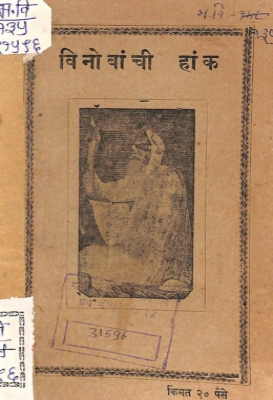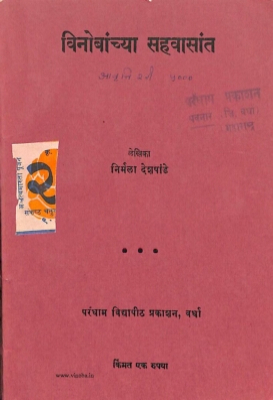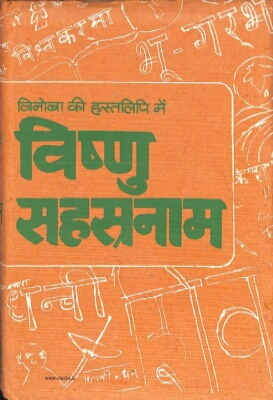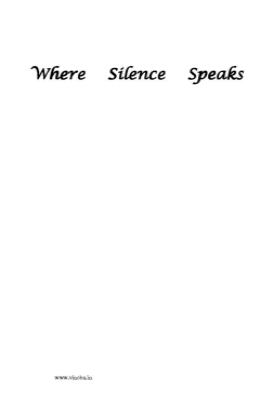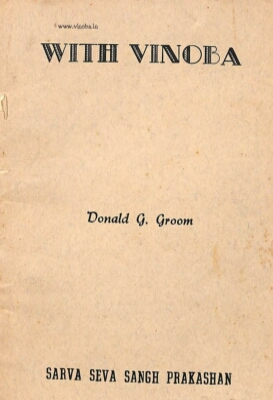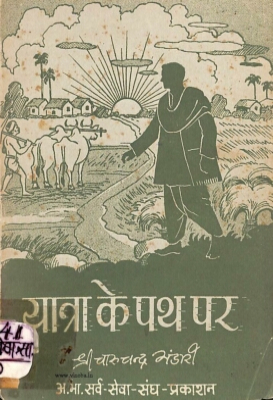Showing 391–403 of 403 results
Weeds
First published in 1923, Weeds is a classic of American naturalism with a profoundly feminist turn-pioneer in a tradition of rural, working-class women's writing that includes such works as Harriet Arnow's The Dollmaker, Tillie Olsen's Yonnondio, and Jane Smiley's A Thousand Acres. Set amidst the harsh life of rural Kentucky tenant farmers, Weeds is the moving story of a hard-working, spirited young woman who must painfully submit to the limitations imposed by her time, her class, and her gender. Coming of age in Scott County, Kentucky, Judith Pippinger is intelligent, sensitive, and full of untamed energy. She falls in love first with the natural world around her, and then with a decent and loving man, Jerry Blackford. Judith and Jerry marry and work side-by-side in the tobacco fields; they are poor share croppers, but they hope each year will bring them a richer harvest. But Judith soon finds herself in a deep, soul-destroying stuggle against the imprisoning duties of motherhood and of managing an impoverished household. As crops fail and her marriage falters, Judith yields at last. She resolves to bring up her children without hope that her life might be different; but as one of her daughters lies near death, she summons her last vestiges of strength and wills the child to survive. In the tragic world of this powerful novel, both Judy and Jerry become victims of circumstance. The impossible economic conditions, the gruelling toil of tenant farming, the disease and isolation-all take a crippling toll on their spirits. They survive, but they are changed-Judith even more than Jerry. Kelley's deeply nuanced portrait is particularly remarkable in depicting a woman who suffers not from a lack of love-from her husband, her children, or her community-but from an unrequited longing for self-expression and freedom. When Weeds was first published in 1923, the editors cut from the novel a chapter describing the birth of Judith's first child, deeming it too graphic for readers. This chapter has been restored to the Feminist Press edition.
Where the Blue Begins
In a society of anthropomorphised canines, Gissing, a debonair young dog about town, adopts some orphaned puppies and begins to yearn for a more meaningful existence than his pleasant life in suburban Canine Estates. Simultaneously a fairy tale, a story about dogs, an allegory, and a satire, this fantastic and thought-provoking story full of beauty and meaning is worthy of a place on any bookshelf and is highly recommended for fans and collectors of Morley?s work. Christopher Morley (1890 - 1957) was an American novelist, poet, and journalist. Many antiquarian books such as this are increasingly hard to come by and expensive, and it is with this in mind that we are republishing this book now in an affordable, modern, high-quality edition. It comes complete with a specially commissioned new biography of the author.



